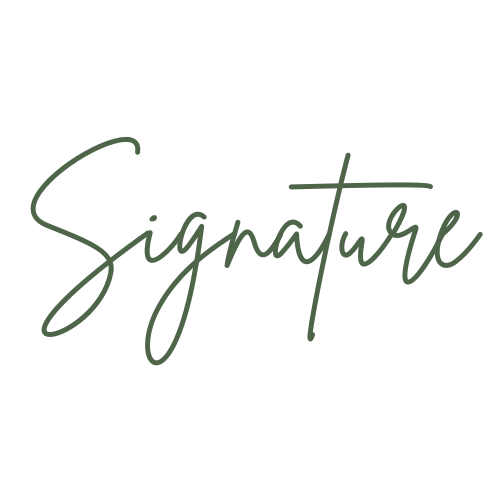Jean-Michel Basquiat Authentication
Jean-Michel Basquiat, a pioneer of the neo-expressionist movement, has left an indelible mark on contemporary art despite his brief life. Born in Brooklyn, New York, in 1960, Basquiat began his journey as a street artist, using the pseudonym SAMO to tag poetic, cryptic graffiti across lower Manhattan. He rose to prominence in the early 1980s, moving from the streets to galleries, and his work rapidly gained critical and commercial success. Basquiat's art is notable for its raw, energetic style, blending abstraction, figuration and a distinctive iconography that incorporates elements of his Haitian and Puerto Rican heritage. He explored themes of identity, race, power, and class, offering a bold commentary on the socio-political landscape of his time.
By the mid-1980s, Basquiat had become a global sensation, collaborating with renowned artists such as Andy Warhol. His works became symbols of resistance against racism, inequality, and marginalization, making him an icon not just in the art world but also in broader cultural movements. However, despite his success, Basquiat struggled with personal demons, and in 1988, he tragically died of a heroin overdose at the age of 27.
In the years following his death, Basquiat's art has only grown in stature, becoming some of the most coveted in the world. His works regularly fetch tens of millions of dollars at auction, and his influence is seen in artists across generations and disciplines. However, the posthumous rise of Basquiat’s fame has also brought about a complex and challenging issue: Basquiat authentication.
The Challenge of Basquiat Authentication
As Basquiat’s works have skyrocketed in value, so too has the incentive for forgers to capitalize on his name. For this reason, the topic of Basquiat authentication has become critical, as collectors, galleries, and auction houses need to be absolutely certain of the provenance and legitimacy of any work attributed to the artist. Authenticating a Basquiat is a rigorous process, involving not only provenance research but also technical analysis of the materials, techniques, and signatures used by the artist.
Jean-Michel Basquiat produced approximately 1,000 paintings and 2,000 drawings during his career. Many of these works were unsigned, which has further complicated authentication efforts. Additionally, Basquiat worked across multiple mediums, incorporating found objects, canvases, doors and other materials, often with an improvisational flair. This uniqueness of his approach makes standard authentication methods—such as comparing signature styles or verifying consistent materials—difficult to apply universally.
At one time, the Basquiat Authentication Committee (BAC), an expert panel established to review works attributed to the artist, played a crucial role in verifying Basquiat's art. However, due to lawsuits and the overwhelming number of submissions, the BAC disbanded in 2012, leaving the art world with fewer formal avenues to authenticate his works. Since then, the authentication process has been increasingly handled by independent experts and firms specializing in fine art research, such as Signature, which conduct thorough investigations into works purported to be by Basquiat.
The Legal and Financial Stakes of Basquiat Authentication
Authentication is not just an academic exercise—it carries serious financial and legal ramifications. Basquiat's works are among the most expensive contemporary pieces on the market, with some selling for over $100 million. As such, the stakes for authenticity are incredibly high. Unscrupulous sellers may try to pass off forgeries, leading to potential lawsuits and financial loss for unsuspecting buyers.
Moreover, galleries and auction houses are becoming increasingly cautious, often requiring authentication from trusted experts before selling high-value works. An authentic Basquiat painting can be a once-in-a-lifetime investment, but a forgery could lead to litigation and a significant financial hit.
This is where expert art authentication services like those provided by Signature become indispensable. By conducting meticulous research and employing advanced scientific techniques, Signature helps collectors and institutions ensure that the Basquiat works in their collections are genuine. Contact us to learn more about the services that we offer and how we can assist with Basquiat authentication.

